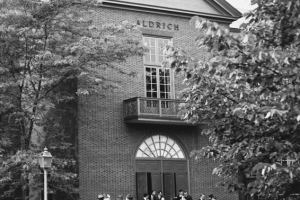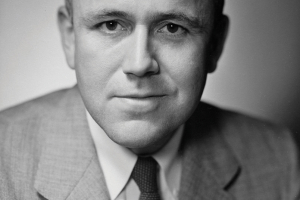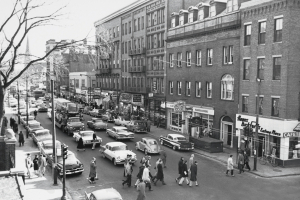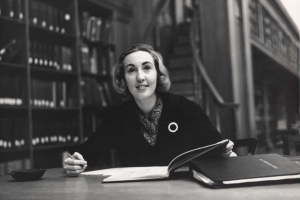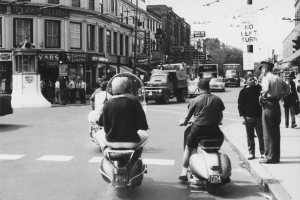What were the turning points in your life — and knowing now what you didn't know then, what would you advise someone to do when one comes along?
Somewhere in the misty space between fact and urban legend reside some rather stunning tales about people who (to paraphrase Yogi Berra) reached a fork in the road and took it.
The comedian Bill Murray had his sights set on becoming a surgeon. That was until he was arrested with nine pounds of marijuana at O’Hare Airport and had to drop out of college.
Physicist Stephen Hawking’s turning point can be traced to a day
in 1955 when he was too ill to take an entrance exam for the
highly regarded Westminster School. Staying on at St. Albans
School, the 13-year-old was mentored by a teacher who inspired his
interest and love of mathematics.
Whether a serendipitous moment or the culmination of a slow,
steady path, many Harvard grads can readily identify the forks in
their roads. If there is a lesson to be learned from the
recollections of their turning points, it was best stated by one
alumnus who wrote, “When one comes along, you must think it
through every which way possible and then go for it. Trust your
instincts and never look back on ‘what ifs.’”

